Guide to Buying Racing Pigeons—Part Two
A more expensive option you have for buying racing pigeons is buying proven racing stock right out of the racing loft. You can purchase a bird that perhaps is not necessarily a great racer but falls into the average or good racer category and you may end up end up with an excellent breeder. Of course, if you can afford it, buying a proven great breeder increases your chances of getting superior racers. However, you can also spend thousands of dollars to get a super champion and end up with a breeding ‘dud’.
Considerations for Purchasing Proven Racing Stock
The primary consideration for purchasing proven racing stock is how much you can afford to spend. Once you have determined that, then the secondary consideration is the quality of the bird(s) that you are contemplating buying. These two considerations actually go hand-in-hand—the more you can afford to spend, the higher quality you will seek.
Buying Retiring Racing Birds
European lofts prefer to retire their racing pigeons at about four or five years in age. This is a fantastic buying opportunity for getting a high-quality bird from a well-stocked breeding loft with a proven reputation. After all, if the bird has been kept for four to five years, it has certainly earned its keep. You might have the opportunity to purchase a pigeon that has been flying on the widowhood team or on the racing team for two years or more. Of course, birds like these may be expensive but well-worth the price.
Buying Hens
If you seek out a loft that races only cocks, you may find a number of wonderful widowhood hens that are being used for the sole purpose of stimulating the cock birds. Often, you can buy a quality stock hen from the widowhood hen loft. If the fancier has kept this hen, there is some quality that he used in selecting her. These hens frequently were used, when younger, as racing birds. So, look for younger hens with excellent racing records that are now retired to the breeding loft or widowhood loft.
I personally had the good fortune of getting a hen from Ferry Lambrecht. This hen had been the ace hen of Ferry’s club. She had no pedigree. When I purchased the hen, she was being used as a widowhood hen. The only other history we had on her was that she had been given as an egg to Ferry by Jean Claude Debieve. After hatching and raising her, this hen went on, as I said, to be Ferry’s ace pigeon.
After we purchased her, we bred her with two cocks in her first season. She produced six multiple clock winners. She has been an excellent breeding hen and quite valuable to our loft—even without papers!

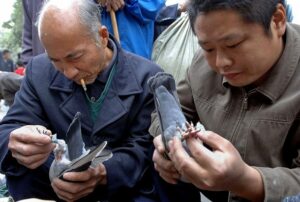


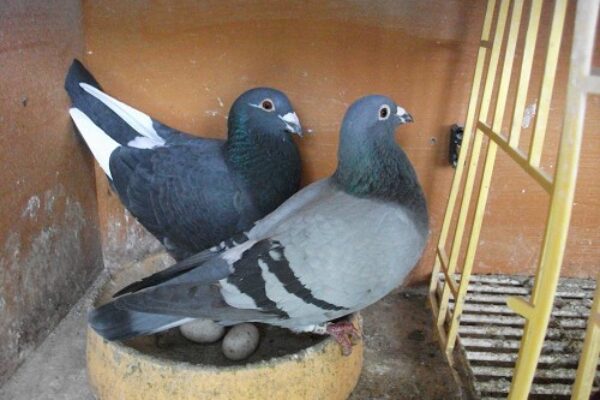

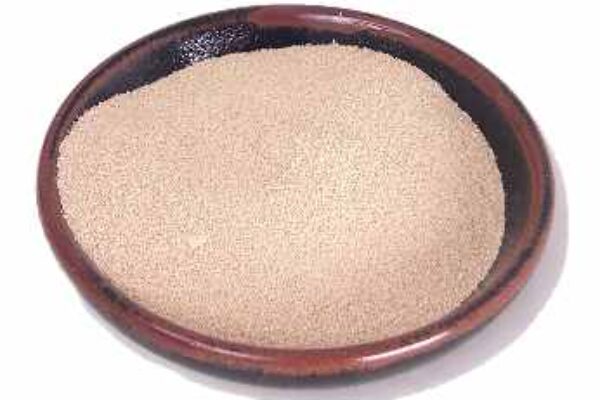

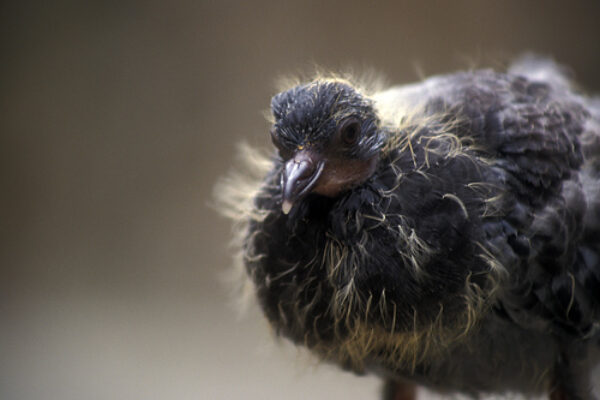
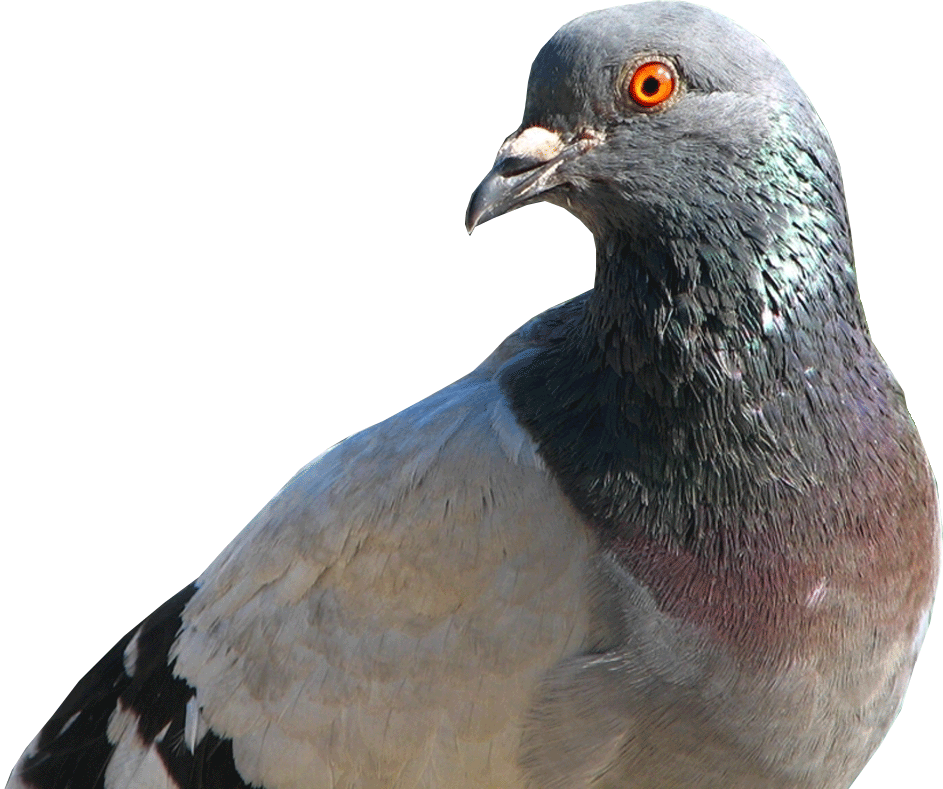

salamat sa mail ang sarap basahin ng mga article nyo lahat kapakipakinabang, malaking tulong para sa aming nagsisimula. thank’s again,
richard.
Ed’s articles are very informitive concerning buying pigeons.I would hope the flyer would get his or her birds from a person flying on the same course,or club, if nothing else to learn about the sport itself before spending hard earned money and losing them for what ever reason.Like Andy said “Do your homework” .Purchasing racing pigeons can be an expensive venture if you have no idea what you want to do in the sport,long,short, young birds,or old birds.All the above make a difference in the family you might want to spend your money on.Pedigree’s are a good thing,but mostly to the breeder so he/she can keep track of bloodlines.Performance is what we are after, let the basket tell the tale, not the pedigree,its just an aid after all.
terry
thanks for the very nice topic,it helps a lot and giving a guide, but one of my problem is how to look a proper pairing or the perfectmatch or bloodline pairing to have a good youngster,…thanx!!!!
am i right in saying 2 pigeons could become 480 in 4 years
Have a very nice day! I do believe that the pigeon buying is subject to the preferences of the fancier, respectively if he wishes to fly on long to very long distances, or to fly on demy-fond distances, or to compete at speed class. I think it is hard to compete in all distances, and consequently I would choose one class. The fond class suits me better, because I can share the result with the …birds.The best regards,
Thanks for the the mail.It is realy grat for people like me. As I ambeggner.
I have this saying if you can’t beat the race teams in your club before you go out looking for new birds making sure your doing everything right with and for your birds then you should’nt be looking. Racing is 25% luck the other 75% consist of feeding,health and training GOOD LUCK
ROYAL
thank you very much for providing me pigeon guides.
I wish Im aware of these article before my recent purchase if breedes. It would have save me time money and grief. I love this site. Very informative and I will always tune in for more info. Please keep them coming !
Try to eliminate your loft population through competition by way of successive different orientation flight(i.e. east-west-south-north) when the pigeons is at two months age after birth in 200 kilometers. This is one selective way of mine when I don’t have money enough to buy a very good bloodline of pedigree.
I am agree with Mr BROWN KANT.
THANKS.
tnx for the post, this will ge a great help because Im a newbie in this sport